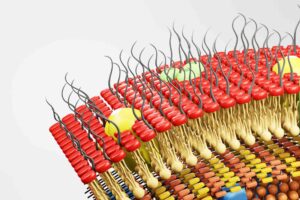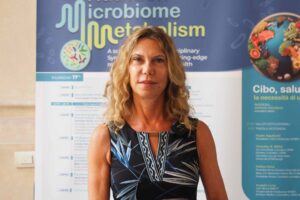Nutrition
Nutrition
Probiotics protect against obesity and inflammation caused by high sugar intake, supporting their use as a preventive strategy for obesity-related diabetes.
Gastroenterology, Nutrition
Calcium ions affect the growth of both L. acidophilus ATCC 4356 and L. plantarum ATCC 14917, despite some differences.
Immunology, Nutrition
Dietary LPS can mimic microbial signals and drive gut immune development, with early-life being a critical window for shaping gut immunity.
Endocrinology, Nutrition
AceCel is a promising way to help manage obesity by targeting gut bacteria and metabolism together.
Gastroenterology, Nutrition
Researchers have developed a new approach to restore the gut microbiota by combining a high-fiber, plant-based diet with supplementation of beneficial microbes such as Limosilactobacillus reuteri.
Gastroenterology, Events
Konstantinos Paraskevopoulos (European Food Security Autority, EFSA) underscores the importance of microbiome data in assessing the safety of food and feed products across the agri-food chain.
Gastroenterology, Events
Heather Armstrong, from University of Manitoba and University of Alberta (Canada), explores the intricate role of dietary fibers in maintaining gut health, focusing on the microbiome’s ability to process these…
Video, Events
Hellas Cena, from University of Pavia (Italy), emphasizes the growing importance of nutrition in addressing current global health challenges.
Video, Events
The interview with Antonia Bruno, from Bicocca University of Milan (Italy), highlights research focused on using microbial signatures to enhance food traceability, ensuring both safety and quality.
Gastroenterology, Nutrition
The findings highlight the complex interactions between some dietary compounds and the gut microbiota, suggesting that microbial variations can impact health in different ways.











